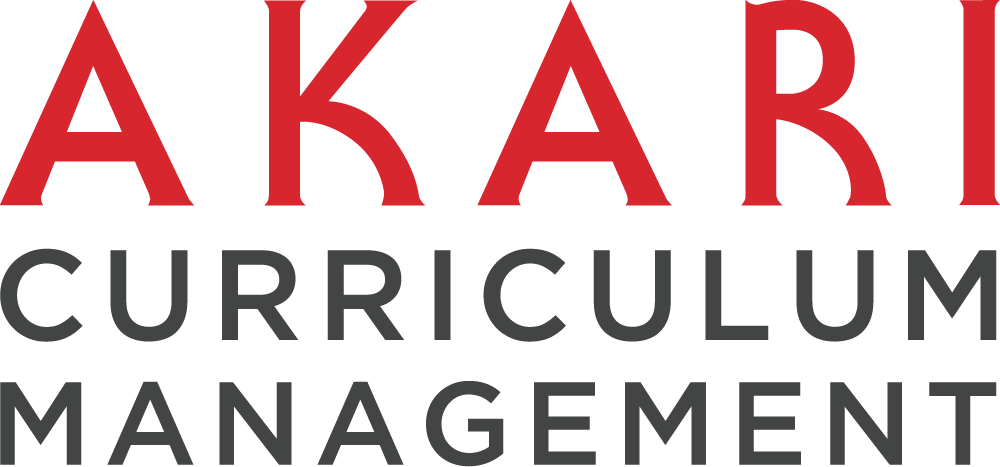Assessments in Higher Education ensure that learning is tested, encouraged, and understood. The domain of higher education, however, isn’t just about taking exams; it’s about cultivating deep understanding and critical thinking. With this blog post, we’ll unveil the modern nuances and best practices in assessment strategies, which are crucial in steering the course of higher education into the future.
Whether you’re a seasoned academic or an emerging scholar, understanding the assessment landscape is paramount. Join us as we traverse through the deep-rooted purpose, the intricate processes, and cutting-edge methodologies in assessing the academia.
Defining Assessments in Higher Education
Assessment refers to the process of gathering evidence of student learning. It’s a systematic collection and interpretation of data that can inform instructional decisions and policy formulation.
Today, assessments incorporate a wider lens, encompassing:
- Academic performance
- Problem-solving skills
- Critical thinking
- Collaborative abilities
By perceiving assessment as a continuum of learning, educators can tailor the educational experience to meet individual student needs effectively.
Foundational Principles of Assessments
Before we explore the nuances, it’s essential to anchor our understanding in the principles that guide assessments in higher education. These principles are the ethical compass that navigates the waters of student evaluation:
Authenticity Breeds Relevance
An assessment is authentic when the task presented to students is reflective of the real-world activities they are expected to perform. An authentic assessment has immediate relevance and is characterized by its applicability to real-life contexts.
Validity and Reliability
It’s more than just a facet of assessments. Validity ensures that an assessment measures what it’s intended to measure, without bias or confounding variables. Reliability speaks to the consistency of assessment outcomes. In higher education, both are non-negotiable.
Considering Diverse Learners
Assessments must be fair to all learners. This principle demands that educators employ diverse methods to accommodate various learning styles and ensure that no single group is advantaged or disadvantaged unfairly due to assessment method.
Assessment Practices
In higher education, assessments are not merely about grading and ranking. They are about catalyzing the learning process and personal growth. Here’s how institutions are elevating their assessment practices:
Student-Centric Approach
The traditional model of assessment, where students are passive recipients of grades, is long gone. The modern approach positions students at the heart of evaluation, involving them in the co-creation of their assessment processes.
Formative Over Summative
While summative assessments have their place, formative assessments now take the foreground. These assessments occur during the learning process and provide students with continuous feedback aimed at improvement.
Technology Integration
The digital revolution has pervaded higher education assessments, with institutions harnessing technology to deliver innovative and sophisticated assessment methods. From e-portfolios to online quizzes, technology is redefining what’s possible.
The New Frontier in Assessing Academia
The future beckons with innovative practices that are transforming how we evaluate learning. Here are the key areas driving the new frontier in higher education assessments:
Competency-Based Assessments
Competency-based education is not new, but its application to assessments is revolutionary. By focusing on what a learner can do, rather than how much time they’ve spent in class, this approach personalizes education and empowers students.
Learning Analytics
Harnessing big data through learning analytics enables institutions to gain deep insights into student learning trends, engagement levels, and even predicting success. This data-driven approach shapes not just individual assessments, but the entire educational ecosystem.
Authentic Assessments
The call for authenticity in assessments has never been louder. By simulating real-world scenarios, authentic assessments provide students with experiential learning opportunities that mere classroom tests cannot offer.
Crafting a Contemporary Assessment Strategy
A robust assessment strategy guides educators in the designing, administering, and evaluating of various assessment types to inform the learning process. A contemporary strategy employs:
Diverse Assessment Methods
Relying on a single method can be limiting. A contemporary assessment strategy incorporates a mix of methods, from traditional exams to digital presentations, ensuring a comprehensive evaluation of diverse skills and knowledge.
Continuous Evaluation
Assessment shouldn’t be an isolated event at the end of a course. Instead, continuous evaluation allows for ongoing assessment, making use of formative feedback to support students in their learning journeys.
Transparency
A transparent assessment strategy demystifies the evaluation process for students. When the criteria are clear, students are better equipped to succeed, and trust between educators and learners is strengthened.
Conclusion: An Assessment Transformation
In the dynamic landscape of higher education, assessments stand as beacons of transformation. They have evolved from mere checkpoints to potent tools that propel learning.
The future of assessments in higher education is akin to an unfurling map, ripe with open possibilities and continual redefinition. Adoption of advanced technology, embracement of diverse methods, and a steadfast focus on student-centered approaches are the hallmarks of this assessment evolution.
By recognizing the critical role of assessments and staying attuned to the modern metamorphosis in this space, academics and institutions can not only keep pace with change but lead the way in forging a more effective and meaningful educational experience.
